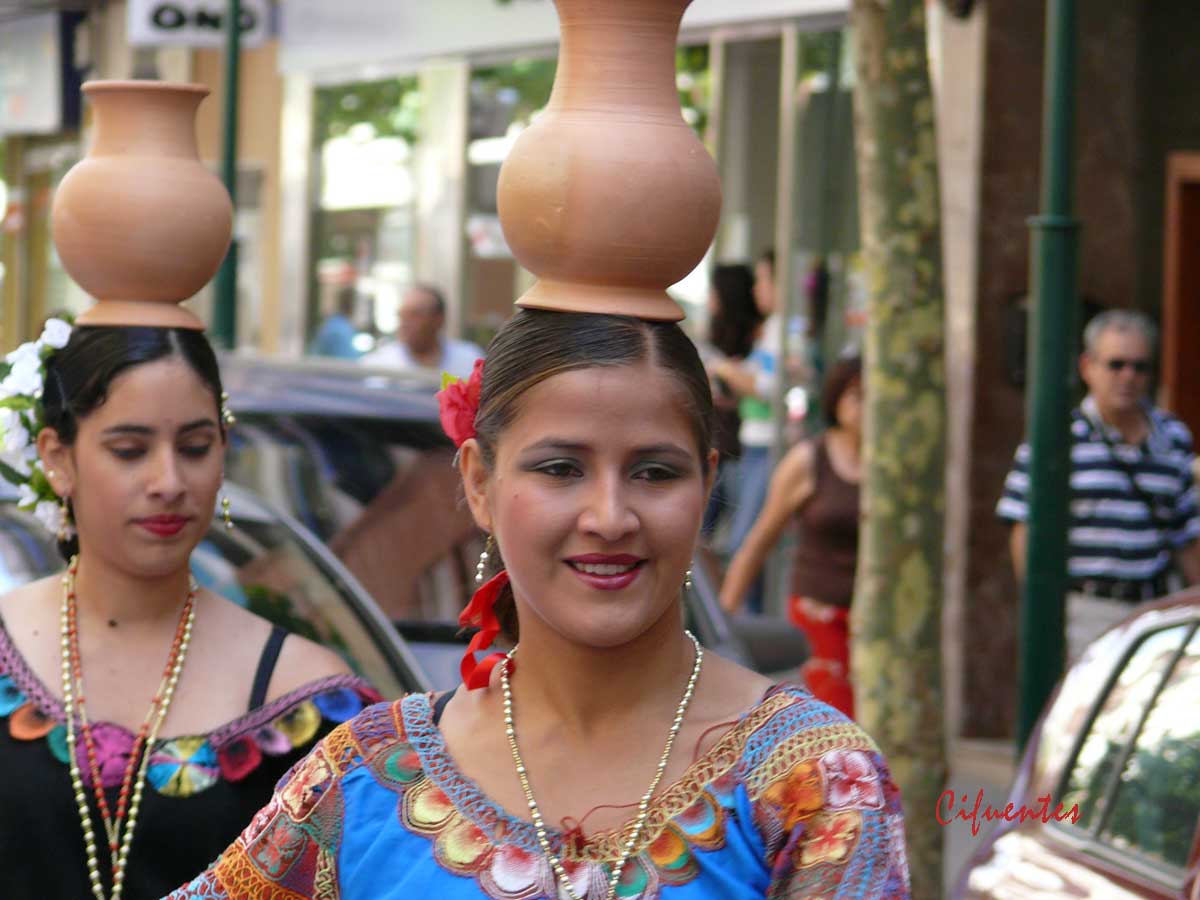Paraguay
Enchanting Landscapes and Hidden Shadows


Paraguay, located in the heart of South America, neighbour of Brazil, Argentina and Bolivia, has a population of around 6.1 million people, and nearly 2.3 million of whom live in the capital and largest city of Asunción, and its surrounding metro area. Paraguay, originally inhabited by indigenous peoples, became a Spanish colony in the 16th century, and gained independence in 1811.


Paraguay is a rich country, filled with:

Nature and Biodiversity
Paraguay showcases diverse ecosystems, including lush rainforests and pristine rivers, home to exotic wildlife with unique species. From the dense forests of the Gran Chaco to meandering rivers like the Paraguay and Paraná, the country's breathtaking scenery also features unique and fascinating wildlife.

Cultural Diversity
Indigenous traditions blend seamlessly with Spanish influences. This fusion is evident in the country's languages, dances, and unique festivals, adding a colorful dimension to the nation's identity. Filled with architectural gems that stand as testaments to Paraguay's historical and cultural significance.

Warm and Hospitable People
Known for their genuine hospitality, Paraguayans often extend a friendly hand to both locals and visitors alike. This spirit of warmth is deeply rooted in the country's cultural fabric, fostering close-knit communities and strong social bonds.
However, this picturesque facade hides a darker reality:
Corruption


Paraguay grapples with three significant challenges exacerbated by its government corruption:

Socioeconomic Disparities
As of 2022, 24.7% of paraguayans live in poverty. Misallocated resources intended for poverty alleviation deepen economic inequalities, creating a social environment marked by frustration and limited opportunities. The resulting economic instability amplifies insecurity, impacting the daily lives of many Paraguayans.

Educational Deficiencies
It adversely impacts the education sector by diverting resources meant for schools and educational initiatives. This results in inadequate infrastructure, low-quality teaching, and limited access to educational opportunities, hindering the nation's ability to provide a robust and equitable education for its citizens.
